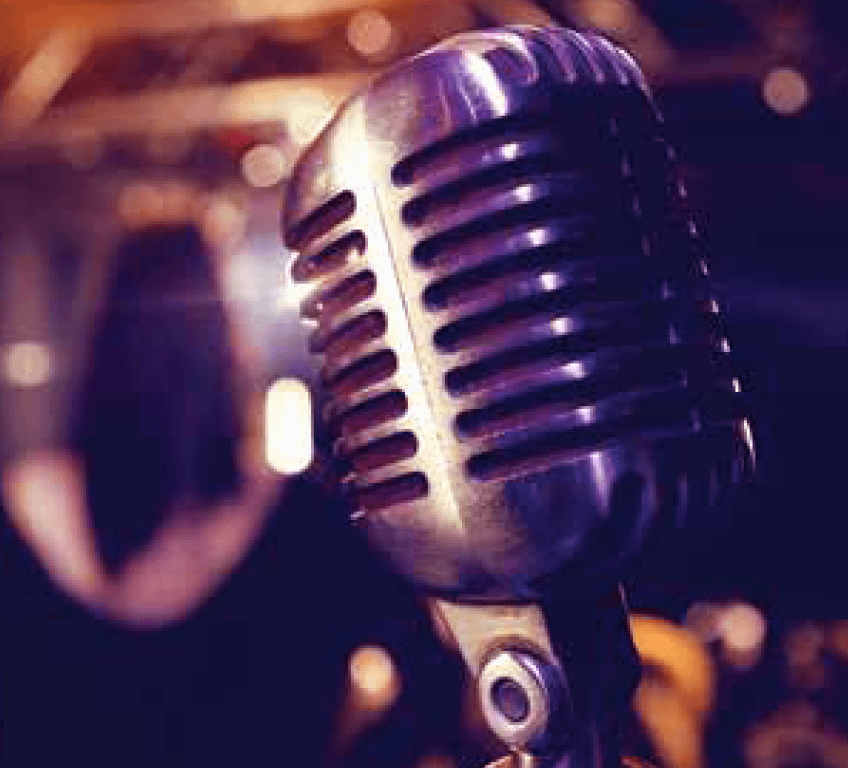 There are many factors to consider when performing a live concert. Proper preparation and planning ahead can make a huge difference whether the concerts are successful or not.
There are many factors to consider when performing a live concert. Proper preparation and planning ahead can make a huge difference whether the concerts are successful or not.
Here are some tips for your students who want to be professional musicians.
1) Book the correct venue. Always book a venue that fits the music that will be performed. Your students don’t want to book a library if they are playing Metallica covers, and they don’t want to book a bar if they are playing Beethoven. Decide which venues are appropriate for the music. I speak from experience. I booked my contemporary instrumental group with limited vocals at a biker bar not knowing what it was. We pulled up and the sign said, “Kick A#$ rock band tonight.” There were a bunch of Harley-Davidsons parked out front with a huge dog, as we stepped in dung on the way in. This is an example of an epic fail at booking. We ended up throwing away our set list and we decided to play Bob Seger and Neil Young covers all night, just so we didn’t get physically attacked!
2) Plan a setlist. Your students should always make a setlist before the concert. Try to mix slow and fast songs so there aren’t any long periods of slow music where the audience may get sleepy. It is also good to play the best music when the venue is full. Having prior knowledge of the venue and when it gets busy will help your students design a setlist for the best reception from the audience. I have made the mistake of playing my best songs first, and then all of the sudden the venue filled up.
3) Have backup equipment. You never know when a piece of equipment will fail, especially when dealing with sound equipment. This happens a lot! Having backup amplifiers or mixers is very wise. A musician should always have backup cables and microphones. It is even a good idea to have an extra instrument. If the instrument malfunctions, your student will be very scared. Always prepare for the worst! I have also learned this from experience. I had my mixer go out with 400 people in the audience who were waiting for a concert and it felt like a very bad nightmare!
4) If backing tracks are used, have a backup. Many musicians play music through a computer on stage to back up their music. If the computer goes down, have a plan B! I strongly suggest that your students have the tracks on Soundcloud with a plugin for a cell phone. This will ensure that the tracks can be played through the sound system without a computer. I have also had a computer go down and I wasn’t prepared. I played an acoustic show filled with improvisations on my own music. This is also a viable plan, but not an advised one!
5) Negotiate your price. We have all heard that we do it for the love of music. But at the end of the day, your students have to at least pay for fuel! We also have bills to pay. Always teach your students that just because they play music, they are not charity workers. I have seen many musicians get burnt out and groups split up because of too many concerts for free.
6) Plan intermissions wisely. It is very important that your students plan breaks at the right times. It is very easy to get tired during a set. Plan the most difficult and chop busting songs so that they are not back to back. Spread them out between the sets. Your students also must consider the audience. It is always wise to begin and end a set with an energetic and upbeat song. It is especially never wise to end a set with a ballad.
7) Stay sober. Even at young ages, we can all teach our students good life habits. Refraining from substances during a show when they get older will help their performance. It is a myth that people play better after consuming alcohol. This is simply not true. If anything, the performance level and the energy level suffers. Teach your students to stay clean and classy and substance free! I have never been afraid to have an open conversation about this with my students. It really helps, especially in the current world we live in with peer pressure and other elements.
8) Plan a sound check. It is always important for your students to do a sound check and even play on stage beforehand. Getting used to the acoustics and the way that the sound bounces around is very important for musicality and dynamics. If the show involves sound equipment, a thorough sound check is advised.
9) Always practice. Knowing the songs very well and being technically and musically prepared ahead of time will relief stress on stage and allow for an enjoyable experience. The practicing is done ahead of time. When the concert comes, it is time to let go and have fun!
10) Interact with the audience. Teach your students to interact with the audience. If it is in an orchestral setting, this will not be necessary while on stage. But in any concert setting, always make time to greet and shake hands with the audience members during breaks or at the end of the concert. Making the audience feel appreciated will make them thrilled to come back again, especially if they enjoyed the music.
11) Triple check the stage. After a concert, it is very easy to leave items. Always double and triple check the stage. It is never fun to lose equipment, especially if the performance was far from home and the performer can’t drive back.








